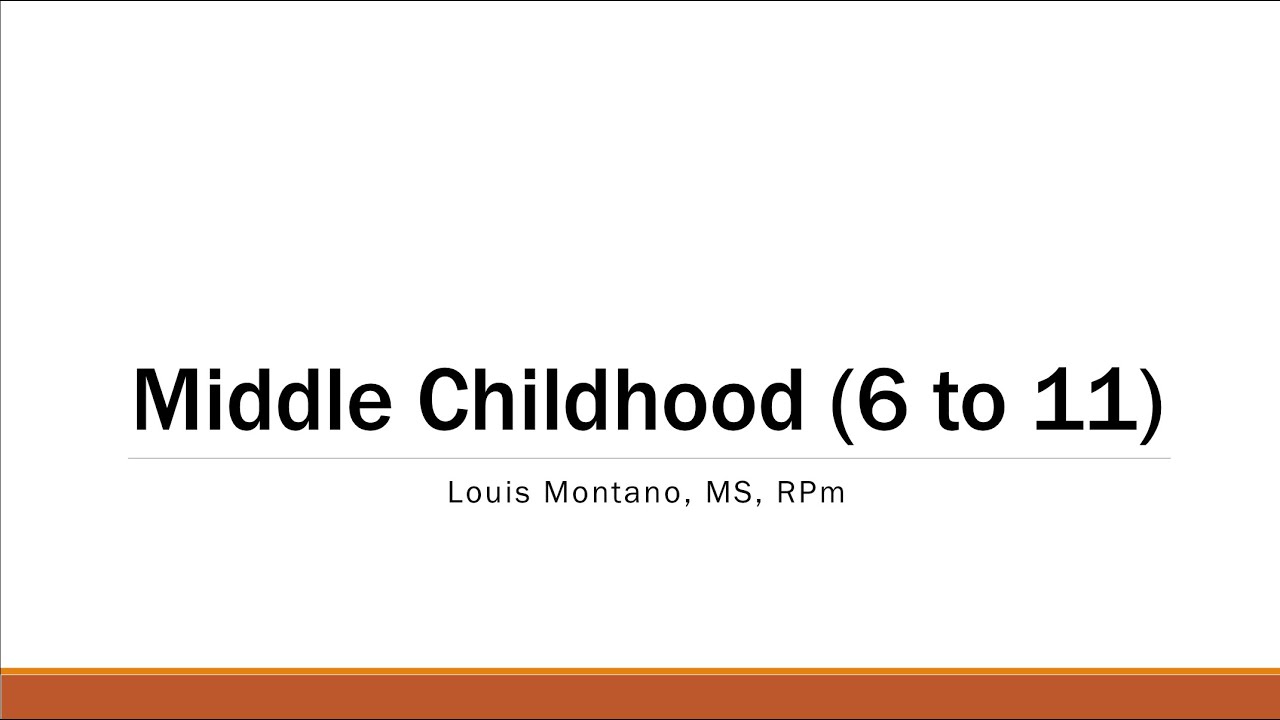Formal operational stage - Intro to Psychology
Summary
TLDRJean Piaget's theory introduces the 'formal operational' stage of cognitive development, which begins around age 12 and extends into adulthood. This stage is characterized by the ability to think abstractly and consider hypothetical scenarios, such as those in gaming and fantasy. It also involves metacognition, the capacity for self-reflection on one's thought processes, including hypothesis testing and scientific reasoning. However, this stage's progression is not guaranteed, as adults can still hold untested superstitious beliefs. The script also hints at brain changes during adolescence, suggesting a complex interplay between cognitive and neural development.
Takeaways
- 🧠 The adolescent stage of cognitive development is known as 'formal operational' according to Piaget.
- 🔢 Formal operational thinking begins around the age of 12 and continues into adulthood.
- 💡 This stage is characterized by the ability to think abstractly and consider hypothetical scenarios.
- 🤔 Adolescents start questioning beliefs about religion, politics, and whether parental teachings align with their own beliefs.
- 🎮 Interest in gaming, avatars, and fantasy is linked to the exploration of the ideal and possible, rather than just the real.
- 🧐 Metacognition, the ability to think about one's own thinking, is a key skill developed during this stage.
- 🔬 Hypothesis testing and scientific reasoning are examples of metacognitive activities that require understanding that beliefs are tentative and subject to evidence.
- 🚫 Progression to formal operational thinking is not automatic and can vary among adults, as seen in the persistence of superstitious beliefs.
- 🧐 Even adults may hold beliefs without testing them against evidence, highlighting the importance of critical thinking development.
- 🧠 Changes in adolescent thinking are not only cognitive but also tied to physical brain development.
- 📚 The script suggests further exploration of brain changes in adolescence, indicating the complexity of cognitive development.
Q & A
What cognitive stage does Piaget describe as 'formal operational'?
-The 'formal operational' stage is described by Piaget as the cognitive ability that emerges in adolescence, starting around age 12 and continuing through adulthood.
Why is the stage called 'formal operational'?
-The stage is called 'formal operational' because it is the first time individuals can engage in formal logic and make inferences.
What are the key characteristics of formal operational thinking?
-The key characteristics of formal operational thinking include the ability to think about abstract ideas, consider ideals, and engage in metacognition, which is the ability to think about and reflect on one's own thinking.
How does formal operational thinking relate to the development of beliefs about religion and politics?
-Formal operational thinking allows adolescents to question and form their own beliefs about religion and politics, rather than just accepting what they have been told by their parents or others.
What role does metacognition play in the cognitive development during adolescence?
-Metacognition, the ability to think about one's own thinking, is a significant aspect of cognitive development during adolescence, enabling individuals to reflect on their beliefs and engage in hypothesis testing and scientific reasoning.
What is hypothesis testing, and how does it relate to formal operational thinking?
-Hypothesis testing is the process of formulating a tentative belief and then testing it against evidence. It is related to formal operational thinking because it requires individuals to understand that their beliefs may not be true and need to be verified.
Why is progression through the formal operational stage not automatic?
-Progression through the formal operational stage is not automatic because it requires individuals to actively engage in critical thinking and not just accept beliefs without evidence, which some adults may not do.
Can adults still hold superstitious beliefs despite being in the formal operational stage?
-Yes, adults can still hold superstitious beliefs, such as belief in UFOs, palm reading, or astrology, even if they are in the formal operational stage, indicating that cognitive development is not solely dependent on age.
What changes in the brain occur during adolescence that are relevant to cognitive development?
-The script suggests that there are significant brain changes during adolescence that are relevant to cognitive development, although it does not provide specific details within the provided transcript.
What is the significance of the ability to think about the ideal and the possible in formal operational thinking?
-The ability to think about the ideal and the possible, as opposed to just the real, allows adolescents to engage in activities like gaming and exploring fantasy, which are based on abstract concepts and hypothetical scenarios.
How does the script relate the development of cognitive abilities to the changes in the brain during adolescence?
-The script implies a connection between the development of cognitive abilities, such as formal operational thinking, and the physical changes occurring in the adolescent brain, although it does not elaborate on the specific nature of these changes.
Outlines

Esta sección está disponible solo para usuarios con suscripción. Por favor, mejora tu plan para acceder a esta parte.
Mejorar ahoraMindmap

Esta sección está disponible solo para usuarios con suscripción. Por favor, mejora tu plan para acceder a esta parte.
Mejorar ahoraKeywords

Esta sección está disponible solo para usuarios con suscripción. Por favor, mejora tu plan para acceder a esta parte.
Mejorar ahoraHighlights

Esta sección está disponible solo para usuarios con suscripción. Por favor, mejora tu plan para acceder a esta parte.
Mejorar ahoraTranscripts

Esta sección está disponible solo para usuarios con suscripción. Por favor, mejora tu plan para acceder a esta parte.
Mejorar ahoraVer Más Videos Relacionados
5.0 / 5 (0 votes)






